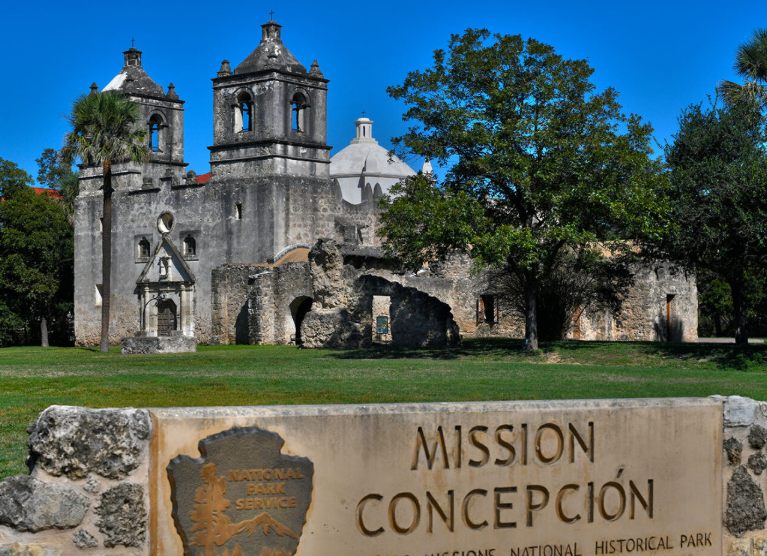Two National Park Offices in Texas Slated for Closure
March 7, 2025 – President Donald Trump’s administration has announced plans to close two national park offices in Texas as part of a broader effort to cut government spending. The decision affects key National Park Service (NPS) facilities that play crucial roles in resource protection, public safety, and park management.
One of the offices slated for closure is the main headquarters of the Lake Meredith National Recreation Area in the Texas Panhandle. This facility serves as the central hub for park operations, including wildland fire management, law enforcement, public access, and environmental preservation. Lake Meredith, a popular destination for boating, fishing, and camping, relies on these services to maintain visitor safety and park conservation efforts.
The second closure impacts the law enforcement facility at San Antonio Missions National Historical Park. This site houses NPS employees responsible for first response, public safety, equipment storage, and artifact preservation. The San Antonio Missions, a UNESCO World Heritage Site, attracts thousands of visitors annually, and the loss of this facility raises concerns about the park’s ability to provide adequate security and maintenance.
The National Parks Conservation Association (NPCA) has criticized the closures, warning that reduced resources could lead to safety risks, decreased visitor services, and potential damage to protected sites. Conservationists argue that cutting essential services at national parks undermines their long-term sustainability.
Despite these concerns, the Trump administration defends the decision as a necessary move to reduce federal spending and streamline government operations. Critics, however, see it as part of a broader pattern of diminishing environmental protections and public land management.
With no immediate plans to replace these offices, local officials and park advocates worry about the long-term impact on Texas’ national parks, as well as the communities and economies that rely on them for tourism and recreation.






